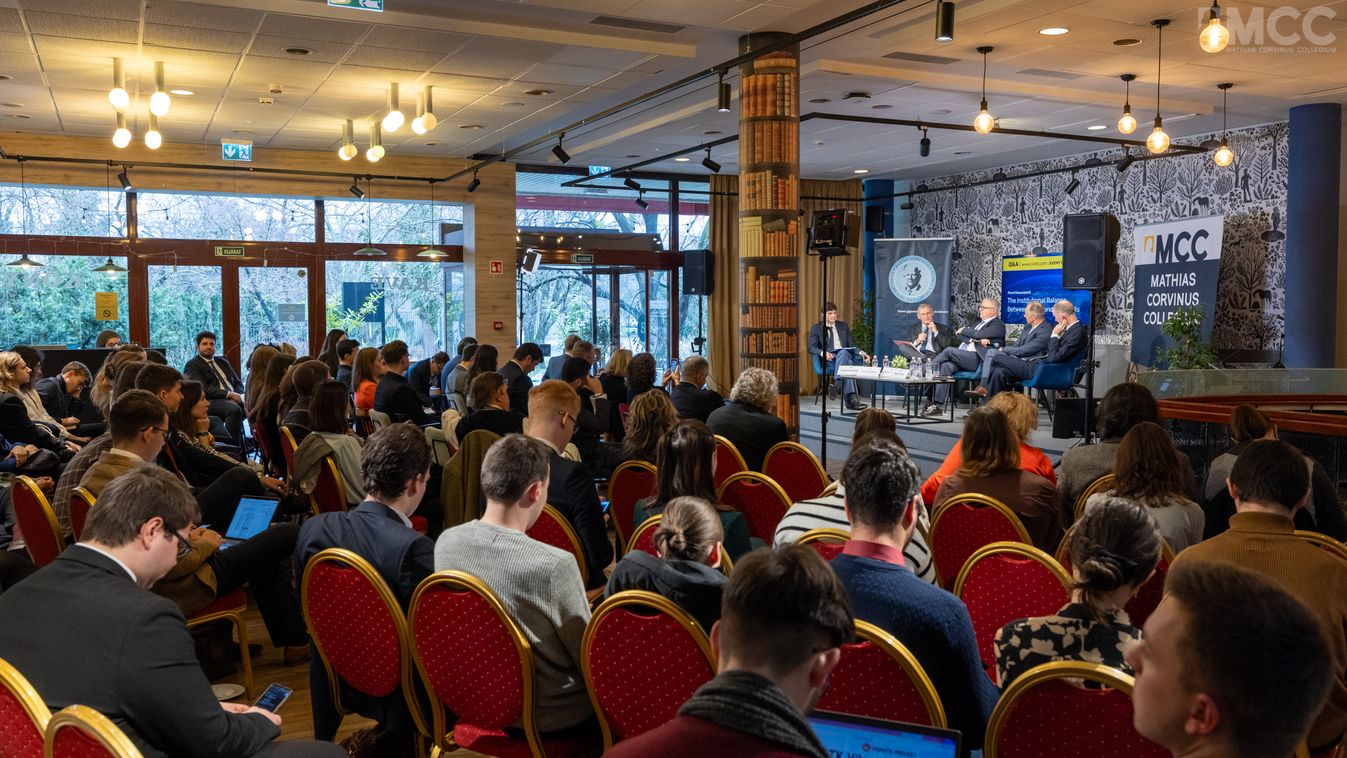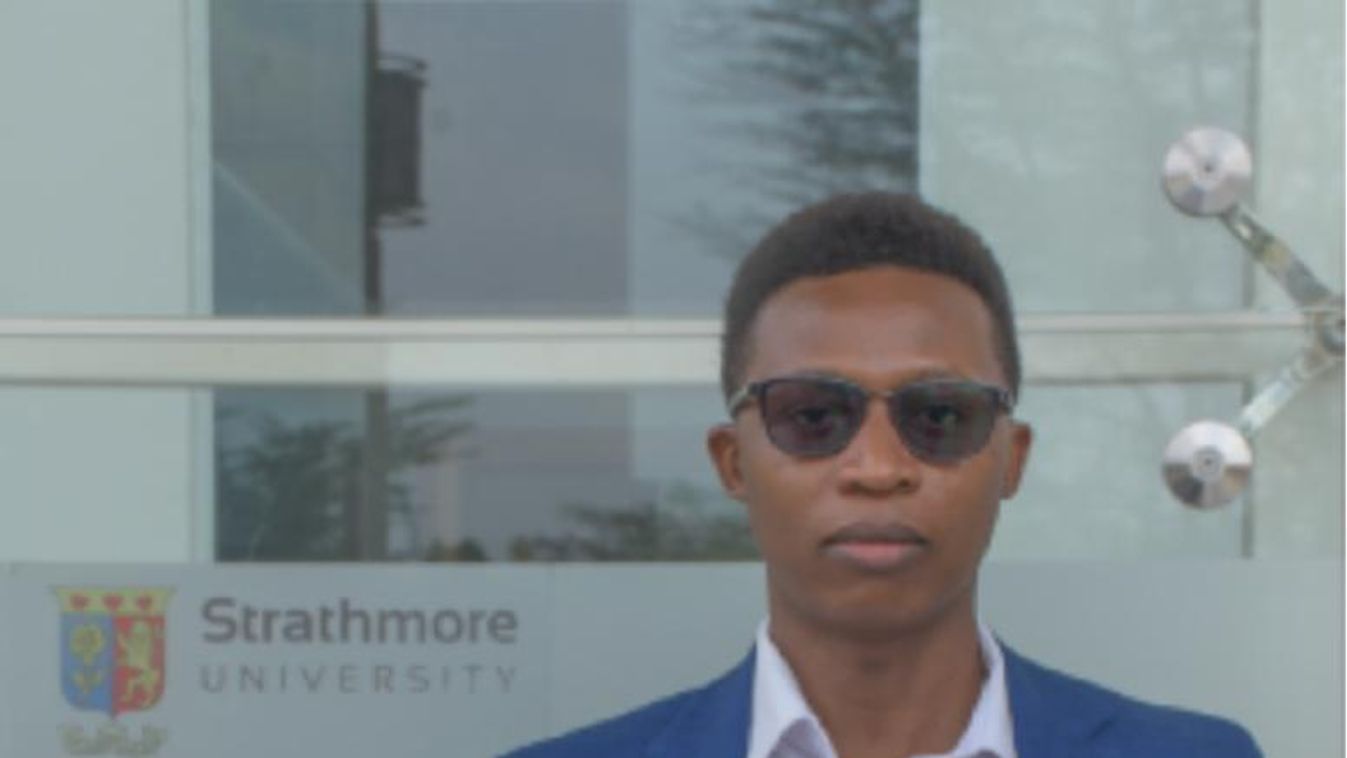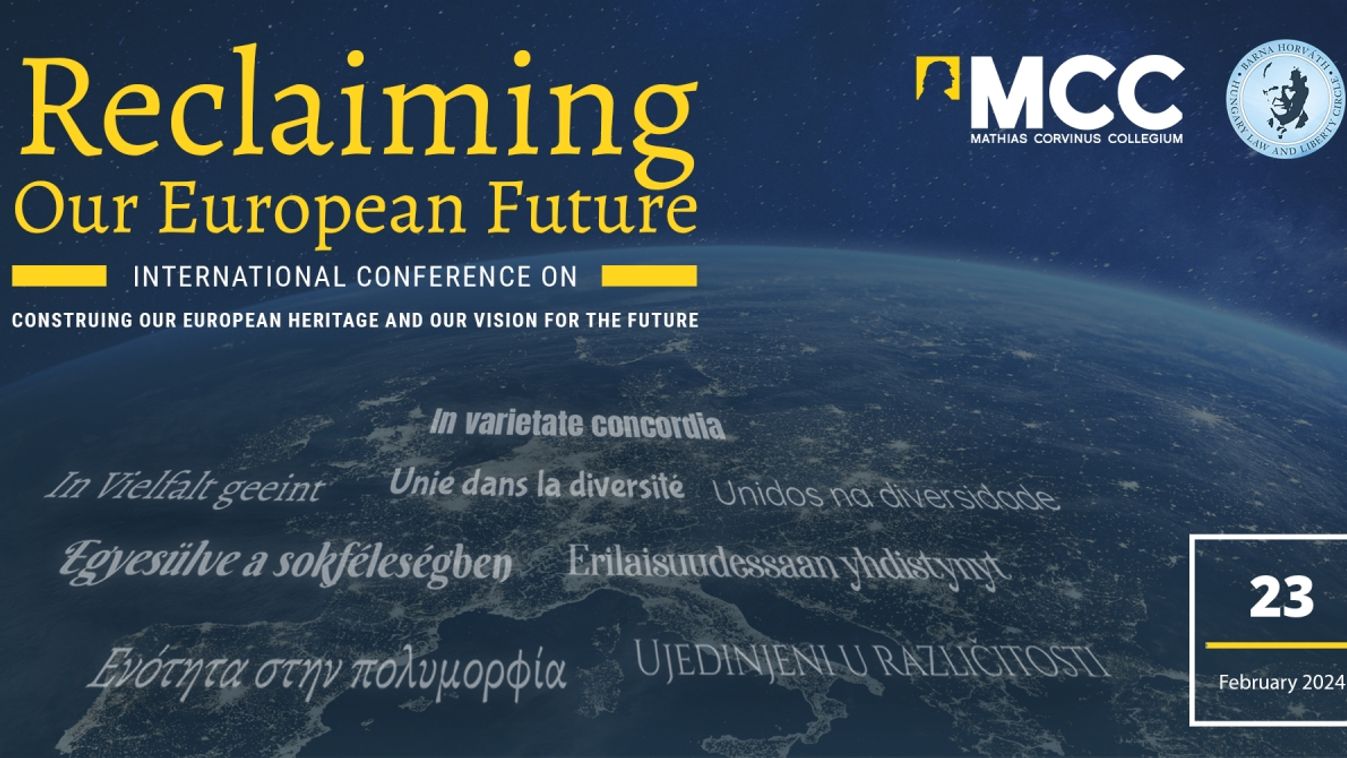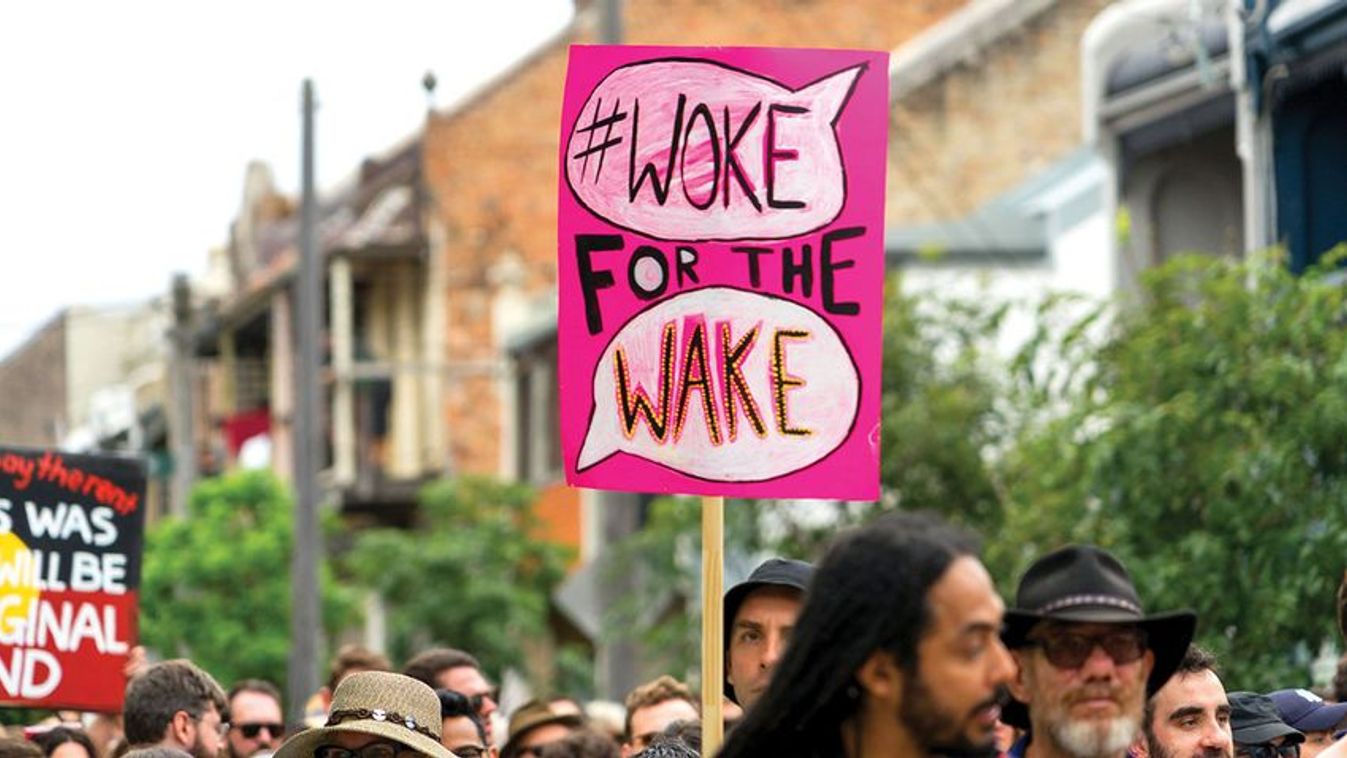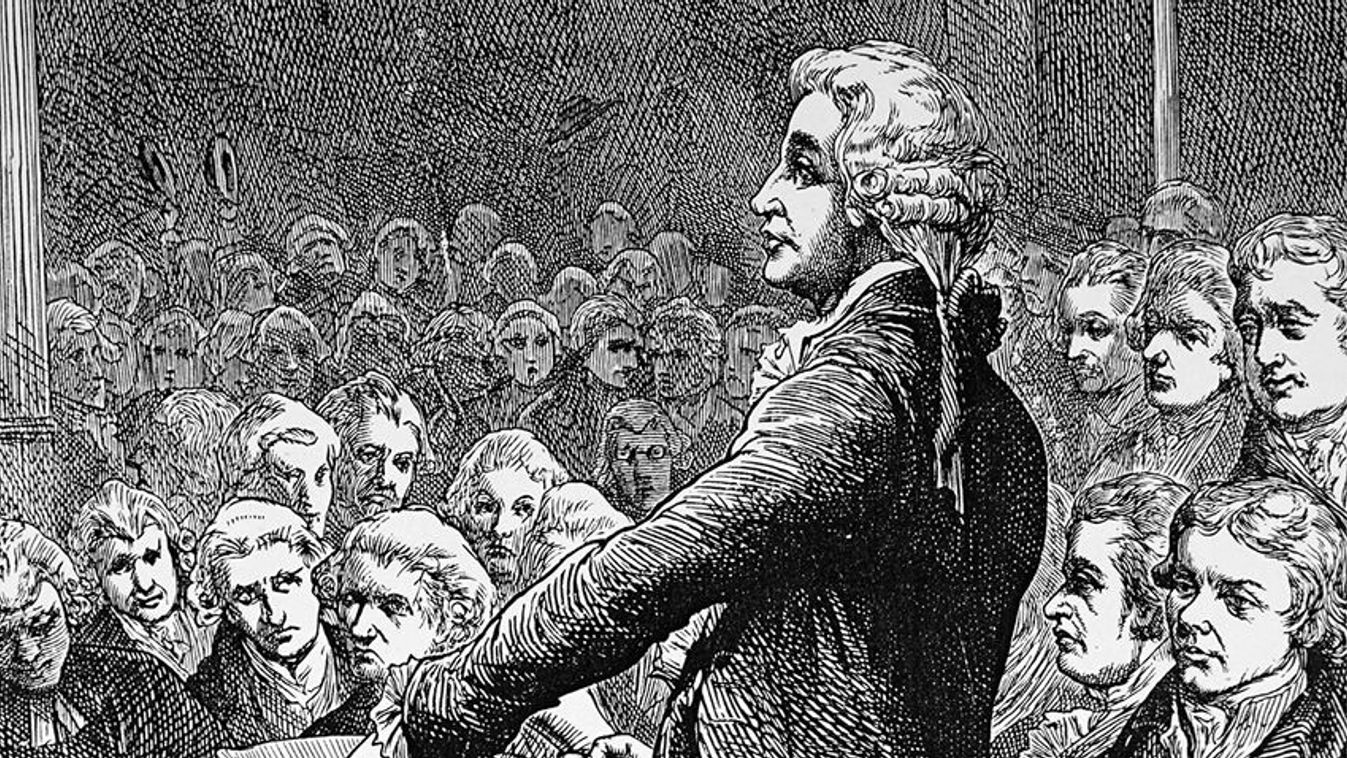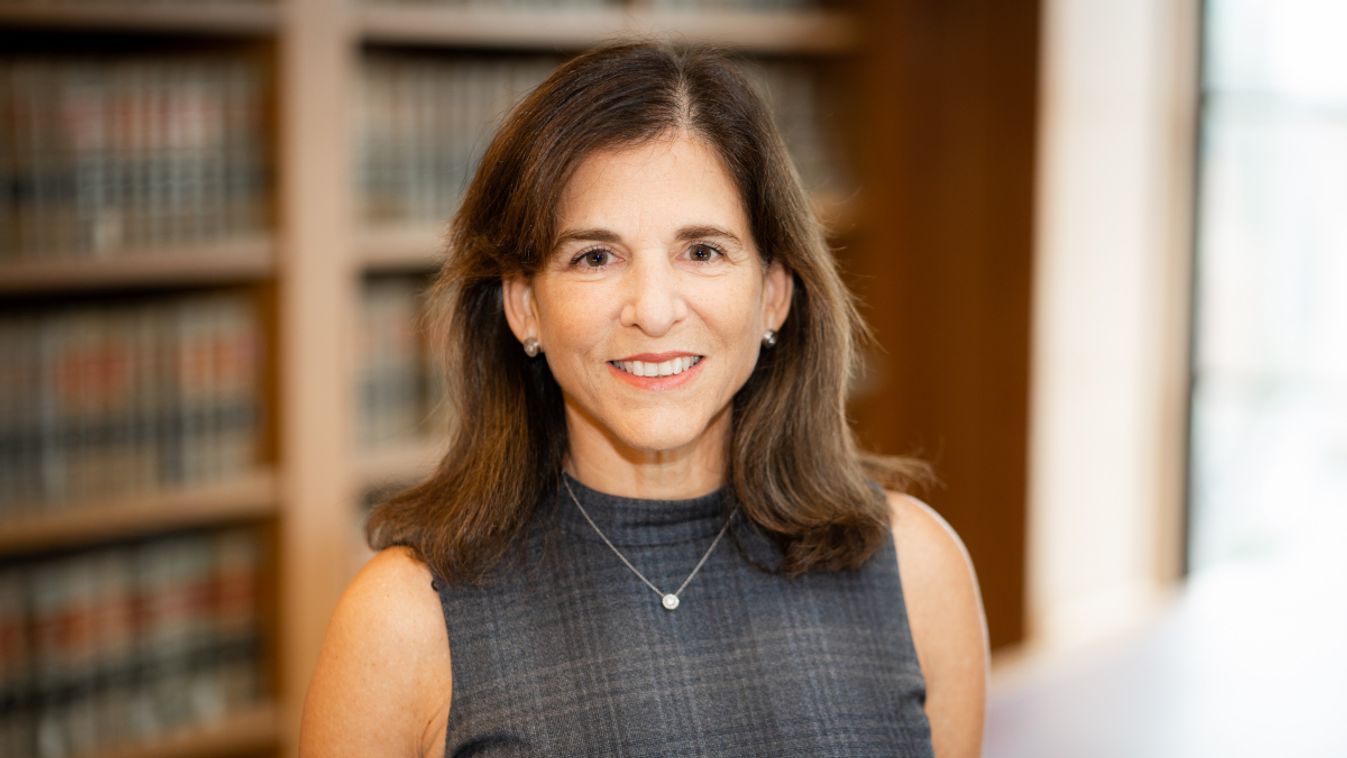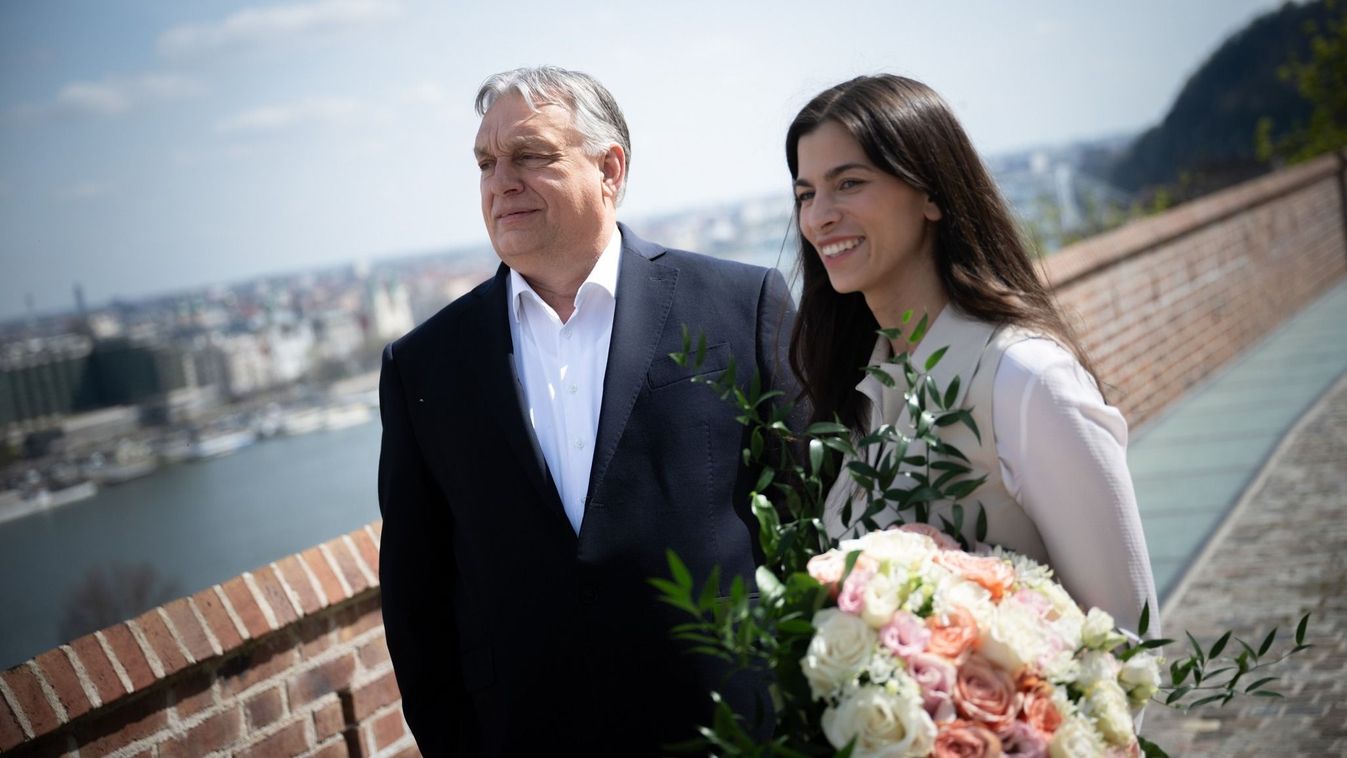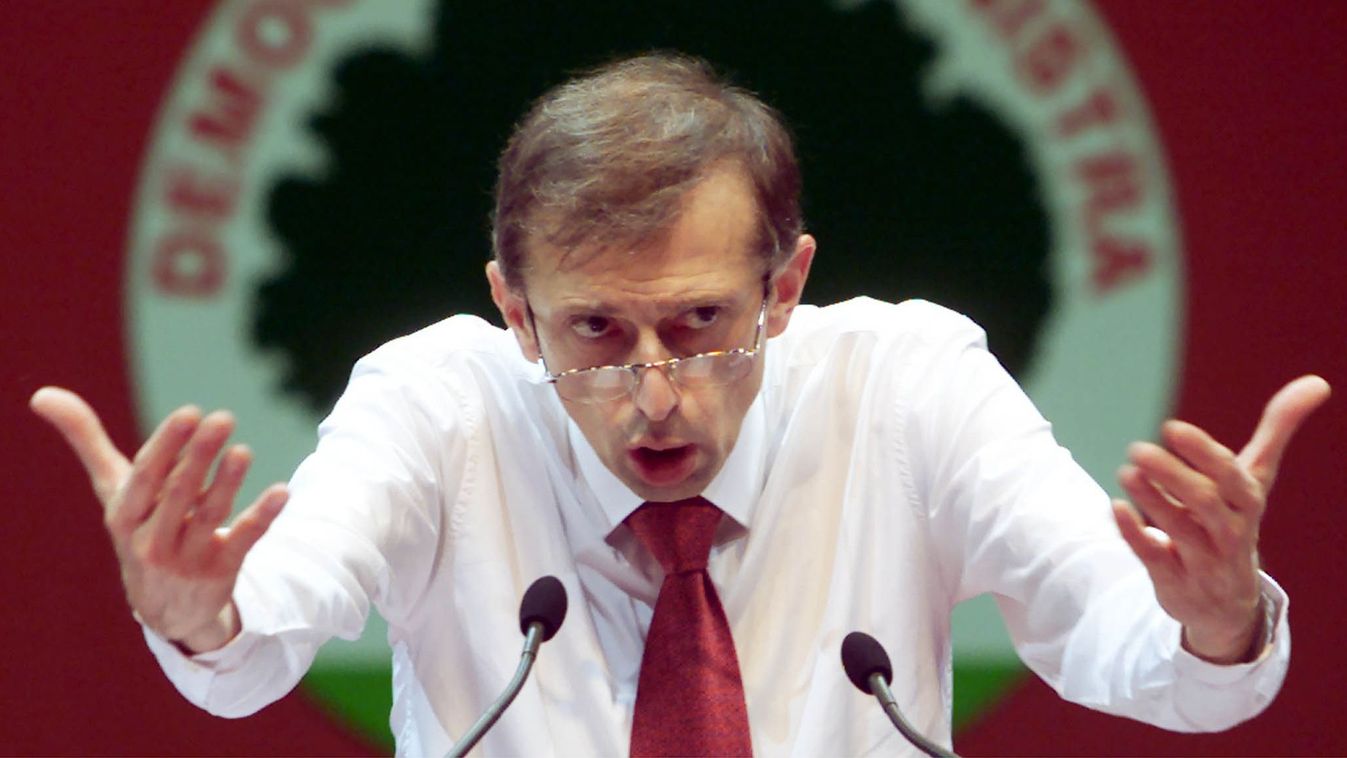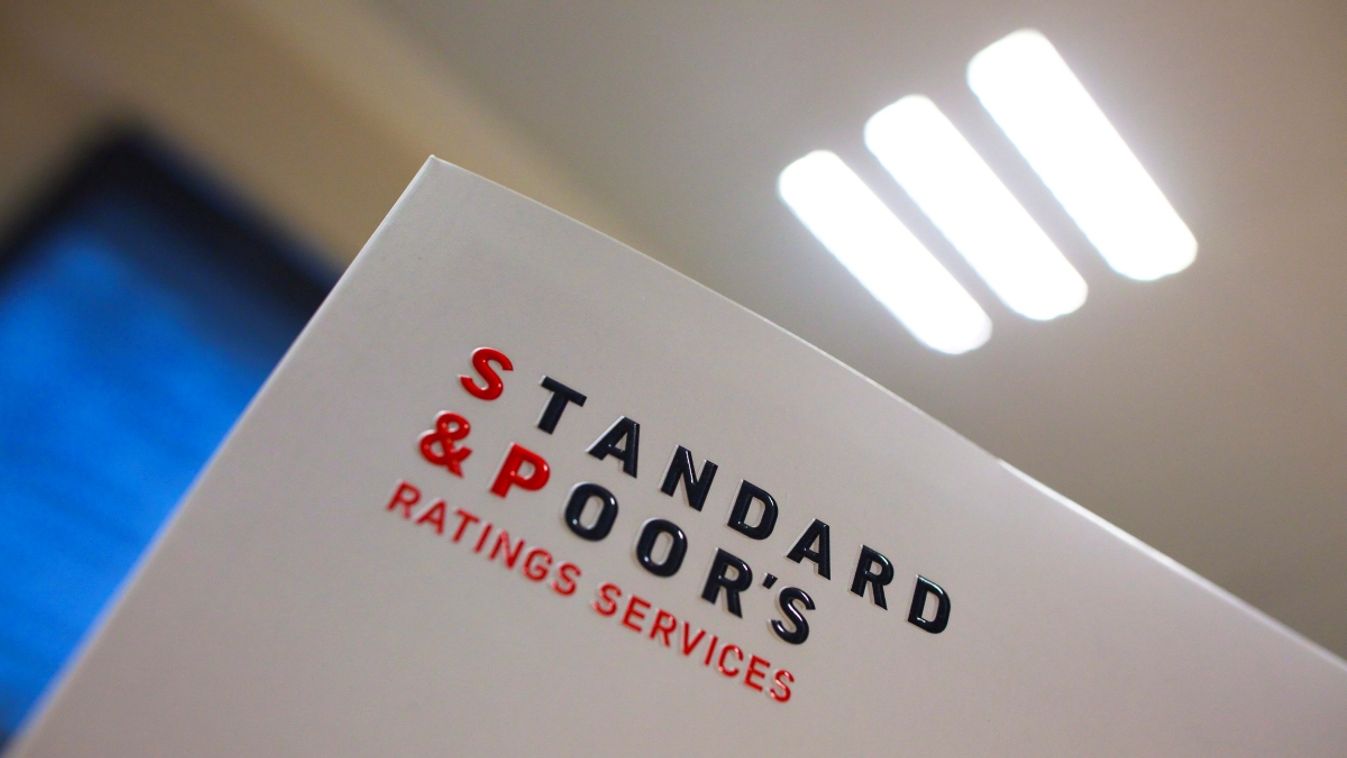Josephat KILONZO is a lecturer at Strathmore Law School in Nairobi, Kenya. He is an Advocate of the High Court of Kenya and international human rights lawyer with a keen interest in governance, democratisation, and African regional integration.
We celebrate the 75th anniversary of the adoption of the Universal Declaration of Human Rights. The UDHR is a remarkable achievement as it reflects a consensus among various nations with different historical, religious, political, and cultural traditions. How do you see the historic significance of this document?
UDHR is a critical blueprint of fundamental values which all members of the international community share. Since 1948, it has remained a constant reminder that we cannot have global or even regional peace without respect for human rights of all people despite their colour, cultural traditions, or political inclinations. I think we all agree that the UDHR is an important document when it comes to encouraging and calling on States to ensure that people’s rights are protected. It also forms a good basis for organizations and individuals to call for the protection and promotion of human rights in a society. Furthermore, even though it was not a binding document originally, it became part of customary international law and thus has a binding force.
However, it should not be lost on anyone that there have been strong debates regarding the ‘universality’ of the rights enshrined in the UDHR and international covenants such as the International Covenant on Civil and Political Rights (ICCPR). During the drafting and adoption of UDHR, only 4 African states were members of the UN namely, Ethiopia, Liberia, Egypt, and South Africa, which was still under the apartheid regime. Considering that the African Continent had little impact and/or representation during the drafting and adoption of the UDHR,
there have been questions as to whether UDHR and subsequent international covenants sufficiently speak to Africa’s cultural traditions.
The perception of imposition of western ideals and culture as ‘universal’ and the little input from African states gave rise to notion of western imperialism and demands for the formulation of an African concept of human rights grounded on African history and culture.
On the other hand, we live in a world in which claims of human rights are burgeoning, as Jonathan Sacks pointed out human rights has become the dominant mode of discourse. However, if everything is a human right then nothing is a human right. How, in your view one can distinguish between true and a false human rights?
Yes, what we can see is that certain non-governmental organizations or individuals want to agitate for certain positions, claims or policies they may clothe them as human rights because it is much easier to defend something if it has normative weight. Once an idea is clothed in the language of human rights it is easier to demand its protection or promotion. But there is a downside of this development. If we are not able to distinguish human rights from false claims of rights, it is problematic because
we lose sight of the true rights as we have known them for a long time in our communities and societies.
Some of the false claims of rights may invite resistance from local communities and states. At the same time, it negatively affects the true human rights: it has an inflationary effect as it weakens the human rights system.
How do you experience this trend in Africa? What are there concrete tensions between ideology-driven claims and rights embedded in African culture?
One of the issues that has been contentious in Africa is the place of LGBTQ rights in the Continent. The argument in many African states is that the nascent and fledgling LGBTQ rights corpus is un-African. The argument, which has been contested by pro LGBTQ organisations, is that LGBTQ rights are inconsistent with African values and traditions. However,
LGBTQ associated organisations have continued to mount pressure
to create more room for LGBTQ rights corpus in the Continent.
What is the function of the principle of subsidiarity in human rights and what is unique the African approach of human rights?
Certain issues should be dealt with at the most primary level where the individuals, the organizations or the local community are in a better position to address them. The African human rights system adopted this principle. The requirement to exhaust local remedies is an important manifestation of this principle as it gives states an opportunity to address the issue or matter in question before it is escalated to regional treaty bodies. There are certain exceptions to that principle, for example, in the case of gross violation of human rights or unduly prolonged domestic procedure. An analysis of the jurisprudence of the African Commission on Human and Peoples’ Rights, shows that the Commission takes into account the availability and effectiveness of local remedies. The Commission allows exceptions to the principle on the use of local remedies in cases of massive human rights violations, absence of local remedies, and ‘ouster clauses.’
In the context of subsidiarity, how do African Union institutions and organs regard the claims of rights that tend to undermine the local cultural heritage or people’s way of life?
The way the African human rights system has been conceptualized is rather conservative. Judges and members of treaty bodies are elected by states (although they do not represent interests of states) and even if they are human rights experts they are not removed from their communities. The processes adopted by the African Union institutions and organs conservative when it comes to whatever claims are considered as a right must be in line with whatever is considered to be African.
The African Union and its human rights mechanisms are criticized by human rights organizations and activists for being conservative
as they adopt positions based on what they consider as African or un-Africa.
A classic example is refusal by African Commission on Human and Peoples’ Rights to grant the Coalition of African Lesbians (CAL) observer status. At the time the commission justified this position on the basis that CAL’s activities did not promote any of the rights provided for in the African Charter. Eventually, after years of lobbying by human rights organisations, the Commission granted CAL an observer status in April 2015. However, the AU’s executive Council, which is constituted of Ministers from all AU Member States, asked the Commission to withdraw CAL’s observer status. The Executive Council viewed CAL as imposing values inconsistent with African values. In addition, the Executive Council requested the Commission to reconsider its criteria for granting observer status and to align it with ‘fundamental African values, identity and good traditions.’
How do you see the importance of communities and states in securing human rights?
We are very aware of the importance of states in protecting and fulfilling human rights. However, the problem in Africa, just like elsewhere in the world, is that states at times are not fully able or are unwilling to implement human rights. So,
there is often a mismatch between the adoption of human rights instruments and their actual implementation.
But I see communities as good starting point to protect human rights because if communities are empowered and understand the reason behind protecting rights, they have the potential to provide a safe environment for protection and promotion of human rights.
The famous French Catholic philosopher, Jacques Maritain once said regarding the UDHR that “many different kinds of music could be played on the document’s thirty strings.” What are the unique features of the African human rights’ system?
Across the African Continent, there is an appreciation of the mainstream rights such as the political and civil rights and socio-economic rights. But in addition to this, I think what is unique is that is also a
greater emphasis on collective rights influenced by our system of belief and culture.
These rights belong to communities and to societies. But of course, based on our cultural beliefs, we may have a different understanding of individual rights such as the right to life. When does life begin? The answer to this question comes down to our beliefs. Or take the example of the right to land. We have communal ownership of land or forest which is different from what the Western conception acknowledges. While we agree that rights are universal,
we also recognize that we have different interpretations of these rights that depend on our cultural roots and background,
religious beliefs, and value systems.
What are the burning human rights problems that are unique to African countries? I heard that foreign investments and transnational corporations are part of this problem. Can you shed some light on this?
For many decades foreign investment and transnational corporations have been a key source of revenue in Africa, thereby contributing a substantial part of the Continent’s development. Transnational corporations have been operating in different African states in sectors such as mining, oil and gas, construction, banking etc. While they have contributed to development in the Continent, they have also caused serious violations and abuses of human and peoples’ rights across the Continent. Some of the documented violations and abuses include displacement and land dispossession of individuals and communities, poor beneficial terms of concession, violation of labour rights, environmental degradation, and threats to human rights defenders who call for accountability by transnational corporations. Largely, despite the deleterious actions of transnational corporations, they have rarely been held to account.
Notably, in the recent past
the domain of business and human rights has become of interest to governments,
civil society organisations, individuals and intergovernmental organs working in Africa. This interest has arisen because development projects and activities continue to seriously affect human rights in the Continent on a regular basis, and many African States lack mechanisms and instruments to remedy human rights violations. The African Commission on Human and Peoples’ Rights has established a Working Group on Extractive Industries, Environment and Human Rights with a mandate to consider business and human rights issues relating to extractive industries sector.
There is obviously a need to build capacity among civil society organisations, academics, communities, and state institutions in Africa to ensure proper regulation of activities by transnational organisations and further to entrench accountability for human rights violations and abuses these organisations.
What are the principal “lessons learnt” from past 75 years of the UDHR from the African point of view?
The UDHR remains to be an important and relevant document. There could be different opinions when it comes to interpretation and how we see the nature and content of certain rights. Be that as it may, there is a need for states and communities to organise around protecting and promoting true human rights claims as envisioned in the UDHR and subsequent international human rights treaties or covenants.
